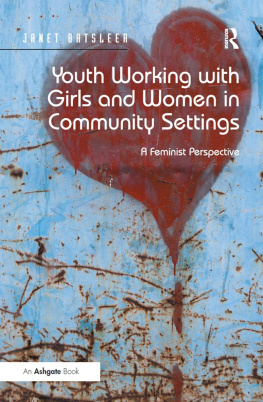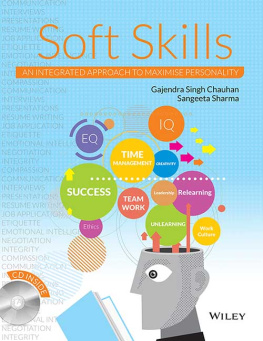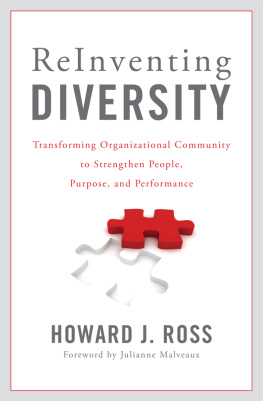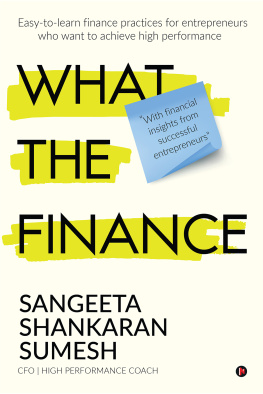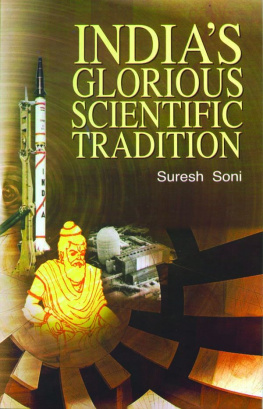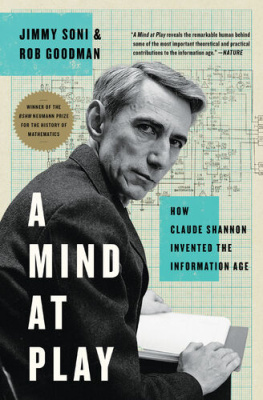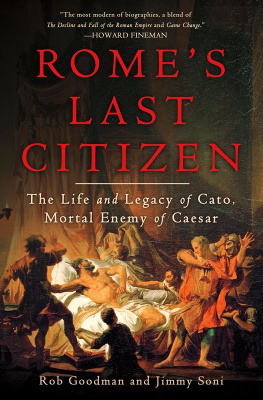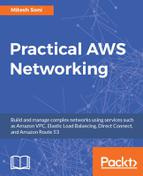Sangeeta Soni - Working with Diversity in Youth and Community Work
Here you can read online Sangeeta Soni - Working with Diversity in Youth and Community Work full text of the book (entire story) in english for free. Download pdf and epub, get meaning, cover and reviews about this ebook. year: 2011, publisher: SAGE, genre: Politics. Description of the work, (preface) as well as reviews are available. Best literature library LitArk.com created for fans of good reading and offers a wide selection of genres:
Romance novel
Science fiction
Adventure
Detective
Science
History
Home and family
Prose
Art
Politics
Computer
Non-fiction
Religion
Business
Children
Humor
Choose a favorite category and find really read worthwhile books. Enjoy immersion in the world of imagination, feel the emotions of the characters or learn something new for yourself, make an fascinating discovery.

- Book:Working with Diversity in Youth and Community Work
- Author:
- Publisher:SAGE
- Genre:
- Year:2011
- Rating:5 / 5
- Favourites:Add to favourites
- Your mark:
- 100
- 1
- 2
- 3
- 4
- 5
Working with Diversity in Youth and Community Work: summary, description and annotation
We offer to read an annotation, description, summary or preface (depends on what the author of the book "Working with Diversity in Youth and Community Work" wrote himself). If you haven't found the necessary information about the book — write in the comments, we will try to find it.
Working with Diversity in Youth and Community Work — read online for free the complete book (whole text) full work
Below is the text of the book, divided by pages. System saving the place of the last page read, allows you to conveniently read the book "Working with Diversity in Youth and Community Work" online for free, without having to search again every time where you left off. Put a bookmark, and you can go to the page where you finished reading at any time.
Font size:
Interval:
Bookmark:
| Active Citizenship and Community Learning | ISBN 978 1 84445 152 4 |
| Youth Work Ethics | ISBN 978 1 84445 246 0 |
| Law and Youth Work | ISBN 978 1 84445 245 3 |
| Managing Modern Youth Work | ISBN 978 1 84445 206 4 |
| Popular Education Practice for Youth and Community Development Work | ISBN 978 1 84445 207 1 |
| Using Theory in Youth and Community Work Practice | ISBN 978 1 84445 300 9 |
| What is Youth Work? | ISBN 978 1 84445 466 2 |
| Working with Distressed Young People | ISBN 978 1 84445 205 7 |
| Empowerment and Participation in Youth Work | ISBN 978 1 84445 347 4 |

British Library Cataloguing in Publication Data
A CIP record for this book is available from the British Library.
Adobe Ebook: 9781844457816
EPUB:9781844457809
Kindle: 9780857250315
Project management by Newgen Publishing and Data Services Typeset by Newgen Publishing and Data Services
Printed and bound in Great Britain by Short Run Press Ltd, Exeter, Devon
20 Cathedral Yard
Exeter EX1 1HB
Tel: 01392 215560
www.learningmatters.co.uk

Manchester Metropolitan University
London South Bank University
Font size:
Interval:
Bookmark:
Similar books «Working with Diversity in Youth and Community Work»
Look at similar books to Working with Diversity in Youth and Community Work. We have selected literature similar in name and meaning in the hope of providing readers with more options to find new, interesting, not yet read works.
Discussion, reviews of the book Working with Diversity in Youth and Community Work and just readers' own opinions. Leave your comments, write what you think about the work, its meaning or the main characters. Specify what exactly you liked and what you didn't like, and why you think so.

